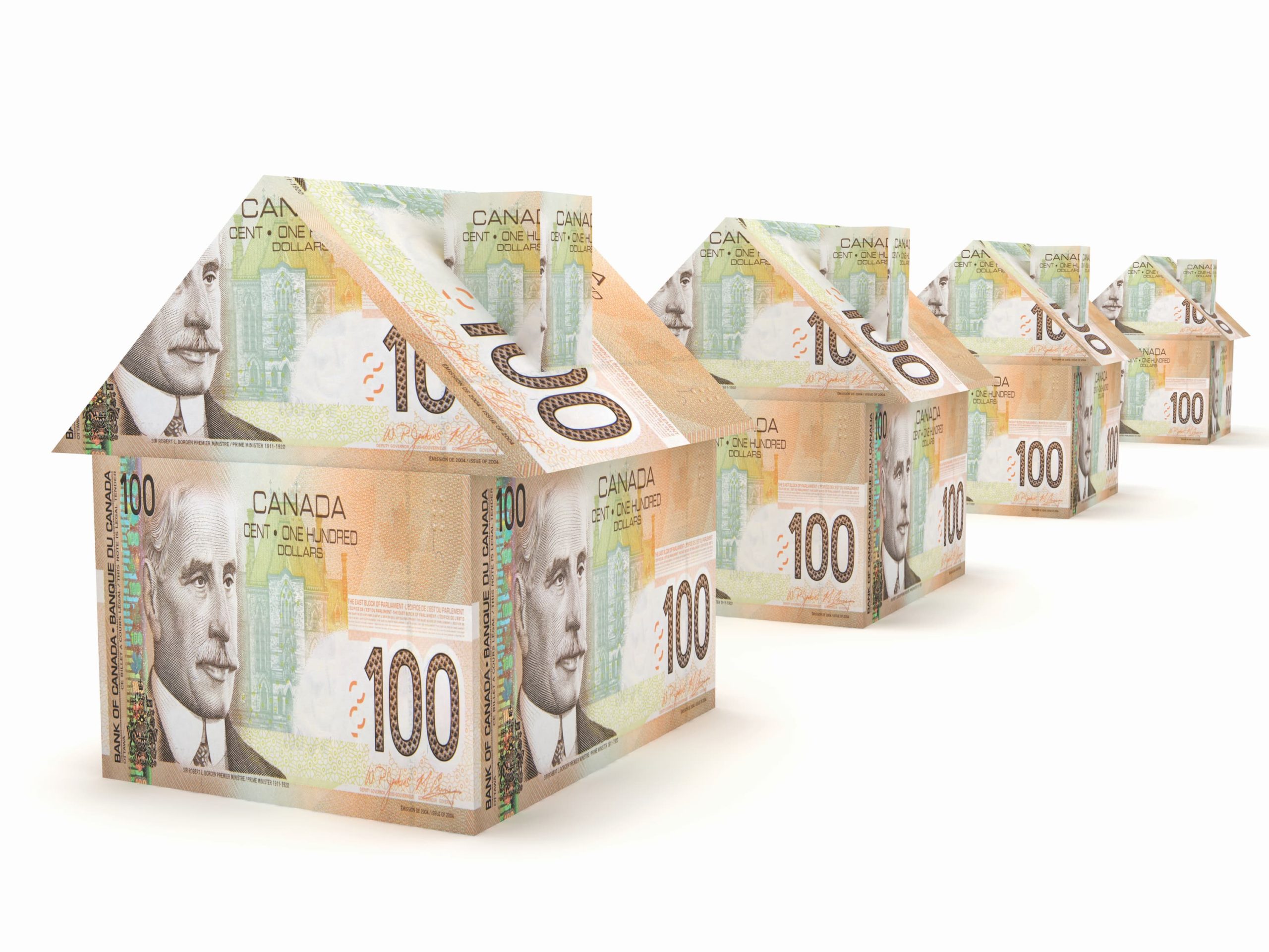
Any discussion of short-term residential rentals in the Greater Toronto Area will inevitably generate a wide range of opinions. For property owners and investors, short-term rentals provide an opportunity to earn income from an asset that may be sitting idle or income that is greater than they could obtain from long-term leases. For others, short-term rentals, and companies such as Airbnb, contribute to the GTA housing crisis by removing housing for long-term use from the market. Short-term rentals have also been criticized for creating “ghost hotels” that allow guests to host parties and act indulgently without limits. Whether you love or loathe them, short-term rentals play a role in the market and are here to stay.
The City of Toronto approved new zoning bylaw amendments for short-term rentals in late 2017 and early 2018. An appeal to the Local Planning and Appeal Tribunal (LPAT) was dismissed on November 18, 2019, and the bylaws are now in effect. With that in mind, anyone operating a short-term rental (“Operator”) in Toronto should be aware of the following:
Short-Term Rental Rules
Short-term rentals are only permitted in an Operator’s principal residence. Property owners are prohibited from renting investment properties short-term.
Operators can rent an entire dwelling for a maximum of 180 nights per calendar year or up to three bedrooms in a dwelling for an unlimited number of nights per calendar year.
Implementation
The City is implementing the bylaw in phases. Phase 1 is ongoing and allows individuals to report noise and zoning infractions directly to the City. Phase 2, requiring the registration of Operators, will commence this Spring. The City will begin enforcing the bylaw and collecting the Municipal Accommodation Tax (“MAT”) during Phase 3, expected to commence in the Summer of 2020.
Licensing and Registration
Operators are required to pay a registration fee of $50 per year, in addition to a number of other obligations, including keeping records of short-term rental activity.
MUNICIPAL ACCOMMODATION TAX
Operators are required to pay a 4% MAT on all rentals that are for a duration of less than 28 consecutive days.
Offences and Fines
Contravention of the bylaw can result in significant fines, including a fine not to exceed $100,000.
If the rental property is a unit in a condominium corporation, Operators should carefully review the corporation’s declaration, bylaws and rules to ensure short-term rentals are permitted. There can be substantial financial and personal consequences if a rented property is in breach of a corporation’s declaration, bylaws and rules.
Operators are encouraged to follow updates provided by the City of Toronto this spring and summer on the implementation of the bylaw and to seek proper legal advice, as necessary.
Shapiro Real Estate & Business Lawyers 416.224.0808 | garryshapirolaw.com




